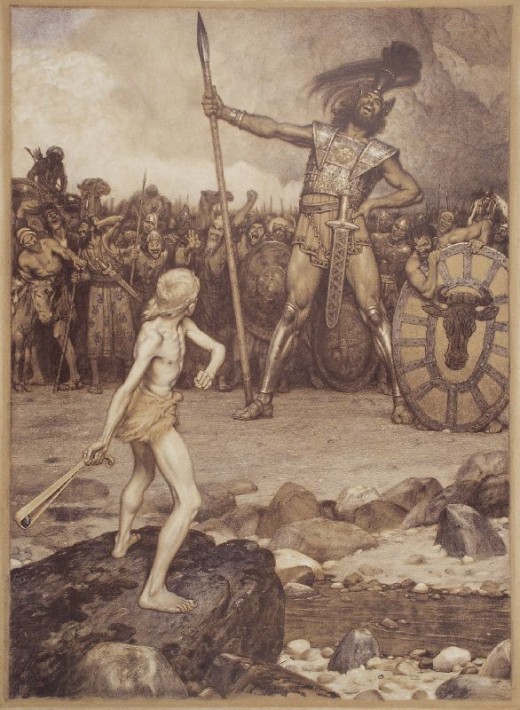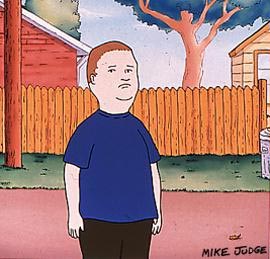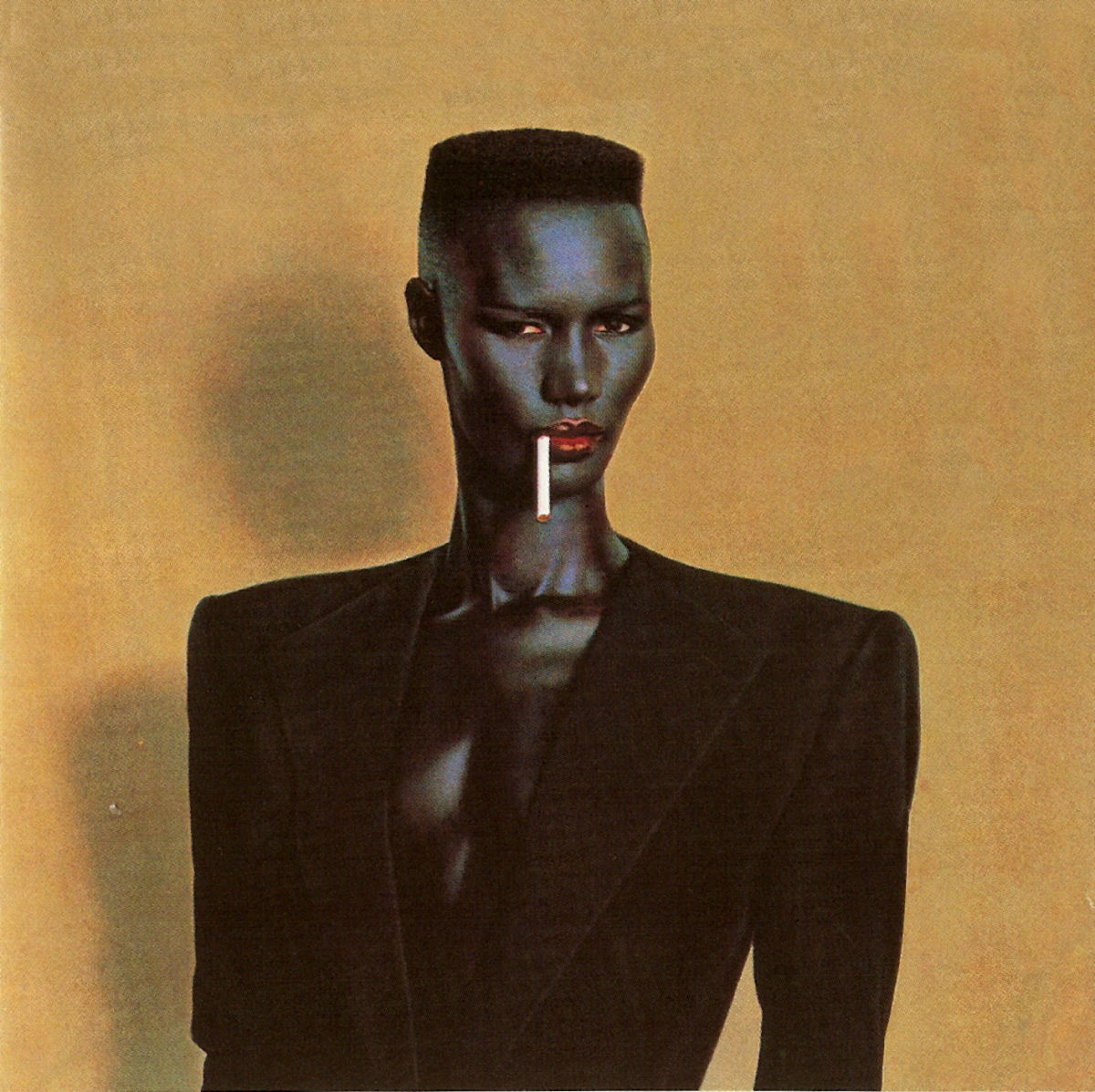What It Means to Be a Man

Ecce Homo?
Since the dawn of civlization the males of the human species have been the laborers, putting their natural physical strength to work hunting animals to feed their females, or, alternatively, breaking the soil with ploughs and mastering herds of animals. Indeed, men have always been close to the earth, out in the blistering sun and the pouring rain, working hard, sweaty and dirty. Men built the bridges, ruled the nations, and fought the battles. Brutal, physical, dominating, powerful, aggressive, primitive, coarse is what they are. With the rise of feminizing civlization, men have had to resort to indirect outlets for their primal energies, such as an obsession with sports, action movies, vehicles, and perverse sexual activities. Psychologists have explained it all succinctly: men are achievement oriented, deriving much more pleasure from victory; men are systems oriented, preferring to work with cars and motorcycles than feelings.
No
So, where would that leave me? I don't care for sports or vehicles. I am polite, well-dressed, educated, versed in literature, don't like to get my hands dirty, hate fighting, and generally sensitive to the feelings of others. According to the above paradigm, I might as well be a woman. Have I fallen under the pernicious influence of feminist ideology, conspiring, unbeknownst to the main of society, to feminize men for the sake of their own domination? Have I been whipped? Of course I have not. One wonders why I would even need to ask such a question. We all understand, do we not, that there is such a variety in humanity that such pigeonholing as what counts as a man is silly.
It is not silly, however, as there is a genuine, and often-articulated, thread of thought running through society that only the paradigm I described above counts as a man, because only the traits I outlined therein are masculine traits. It is never raised by thoughtful people in thoughtful conversation: it appears amongst the vapid, or in silly, flippant situations like, say, Hollywood movies and television. Regardless of how cavalier film and television can be, it is very influential. Moreover, film and television derive from a milieu of real attitudes held by real people. Perhaps rarely spoken, because rarely ever admitted even to themselves, but a large percentage of women and men hold to the above (hyperbolic) paradigm of a man--though never quite that strongly, of course.
Let's take a look at the above paradigm more closely. There appear to be two pairs of binary elements. The one is masculinity versus femininity and the second is savagery versus cultivation. According to the paradigm, masculinity is savage and feminity is cultivated. Whenever a woman shows signs of savagery, she has lost her feminity; whenever a man shows signs of culture, he has lost his masculinity. The woman who likes football and working on cars, on this paradigm, must be a tomboy; the man who likes poetry and baking must be a sissy.
We could probably add to this some other pairing, such as physical and spiritual. Men, in the paradigm, are taken to be representative of the animal side of humanity, hairy, sexual, appetitive, strong. But this conceit can be subsumed under savagery and cultivation.

So, is there anything to the link between the savage and the male?
If savagery and masculinity are equated, then it follows that before laws and civilizations, all humanity was masculine. As humanity gradually became more civilized, they gradually became more and more feminine, until today when only football players and rappers uphold the masculine camp. While it is difficult to logically disprove this little history, if only because the concepts with which we are dealing are rather anomalous, it should come across as patently false. When attempting to theorize about such abstract notions it is always fair to reject one theory if a much more plausible one is available. And a more plausible theory can be reached by separating savagery from masculinity.
If this is the case, then masculinity--whatever is entailed thereby--can be expressed in either a savage or a cultivated fashion. The same, of course, would apply to femininity. The difficulty is that femininity does not seem to express itself at all in savagery. I think the solution is simple: neither does masculinity express itself at all in savagery. The paradigm of savagery is neither masculine nor feminine. The farther one departs from the flourishing of human consciousness in civilization, the farther one departs from the human qualities of masculinity and femininity. Dogs are not masculine or feminine; people are masculine or feminine.
It is not, then, that masculinity merely can express itself in cultivation, but that masculinity can only express itself through cultivation and savagery is merely a pseudo-masculinity. If there has been any revenge exacted upon the males of our species for centuries of female oppression, it is this: that stupidity and savagery has been deceptively insinuated into the concept of masculinity, where it does not belong.


A Real Man
So, when we watch film or television and we see a woman telling a man, boyfriend, husband or whatever, "I want a REAL man," it seems the screenwriters have simply eaten up the paradigm. That is not necessarily the case, however. There must still be traits to associate with masculinity that distinguish it from femininity beyond genitals, body type and chemicals--or at the very least deriving from genitals, body type and chemicals in a non-reductive fashion.
Let's take the trait psychologists usually apply to males: systems-oriented. The word 'systems' instantly conjures up machines. But language is a system. Perhaps the reader has heard of 'the legal system.' Mathematics, laws of physics, philosophy, ethics, the human body, choreography: all of these work with systems.
Another trait psychologists give is achievement-oriented. Men take more delight in victory. This is why more males play video games, they claim. It's not clear how drinking beer, belching, and watching football can be considered more achievement-oriented than writing a successful novel, yet some people seem to implicitly hold this idea.
The misconception that masculinity implies savagery is unfortunately pervasive. Being well-dressed, reading poetry, listening to certain kinds of music--all of this is taken to be feminine. Being well-dressed is not feminine, unless one dresses in a feminine way. It is simply up to a cultivated man to use fashion to express his masculinity. Doing so, he will be a much more successful male than the man wears only denim and wifebeaters.
Again, I admit that there is no strong logical argument here. I am relying primarily upon the intuition of the readers, readers who may well subscribe to the paradigm in the first paragraph, to see that the alternative view of masculinity I present is more plausible. The idea is not to discount that there are feminine men and masculine women, but that masculinity, whatever it entails, does not mean being savage; it means being cultivated enough to express one's masculinity in a unique way, in a cultivated way. A feminine man must just be either failing to express his masculinity or not desiring to express his masculinity--indeed, he could well be desirous of expressing femininity. It is not a matter of over-cultivation, nor of not playing enough sports, or working enough with his hands. Perhaps once this pernicious idea is removed, we'll come to respect and understand real masculinity, and with it femininity, much better.








